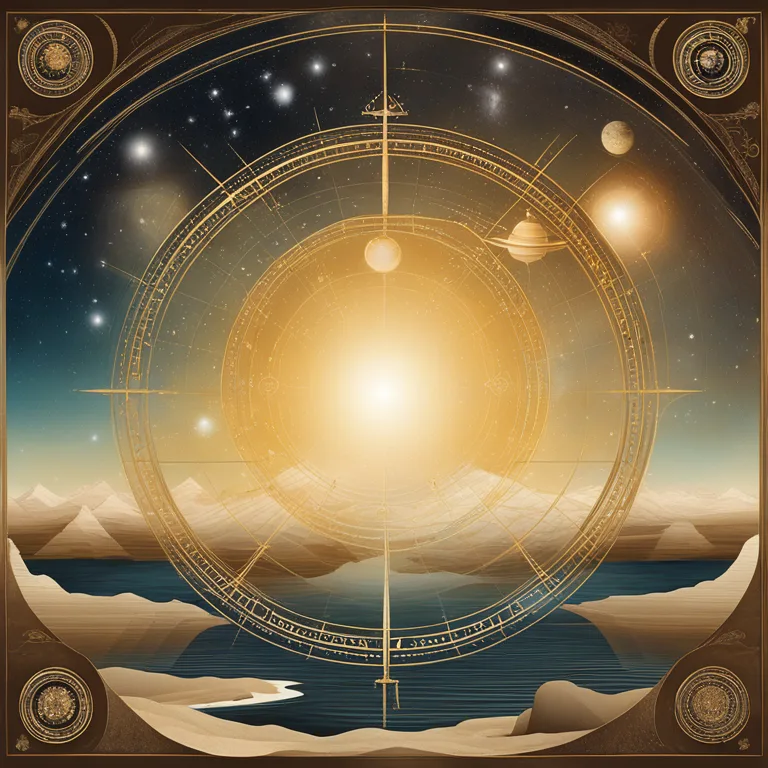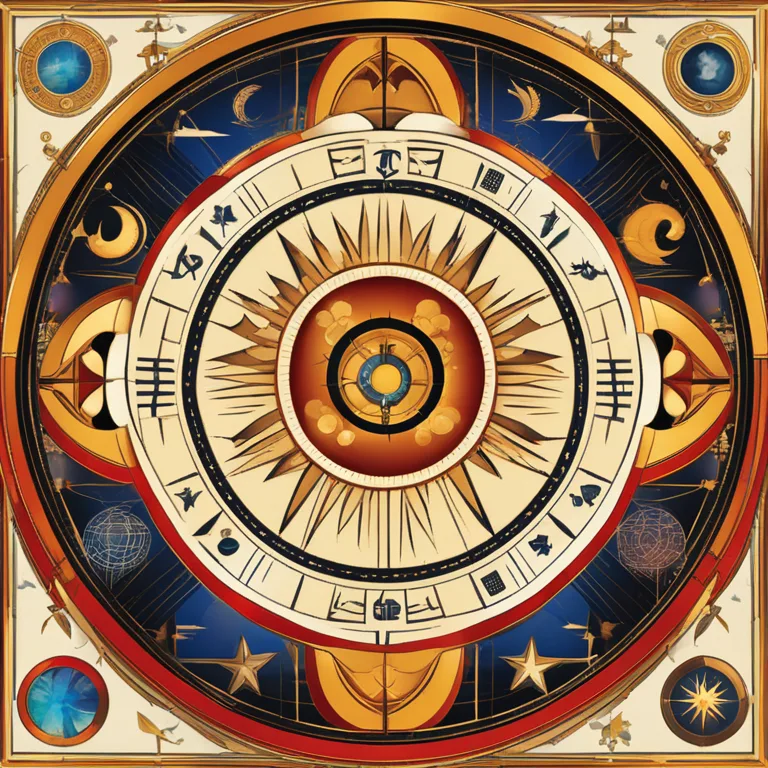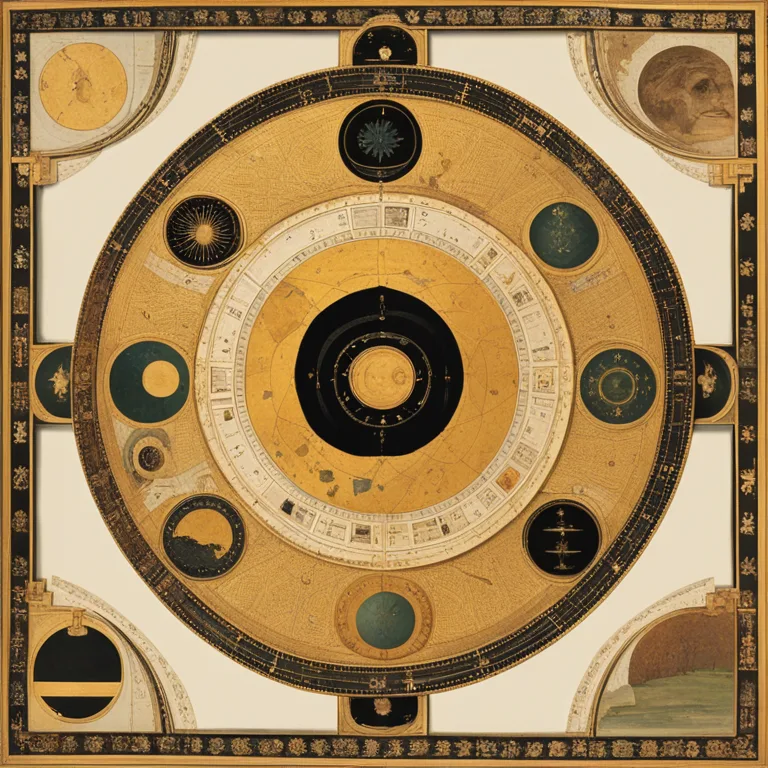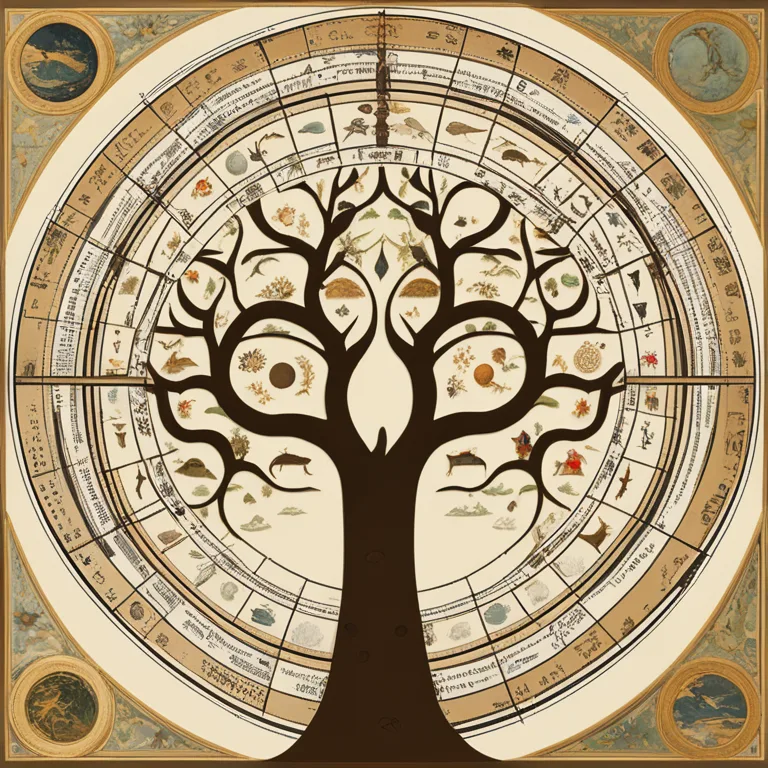
Tracing The Roots of Astrology: A Linguistic Journey
The article digs into the linguistic origins of astrology, tracing its etymology and its influence on modern practices.
article by Priya Deshmukh
The Origin of "Astrology"
The term 'astrology' evokes a sense of mystery and cosmic influence, a bridge between the celestial bodies and our earthly existence. This mystical art form, scrutinising the positions and movements of stars to discern their impact on human affairs, finds its linguistic roots steeped deep in history. The word itself hails from two Greek terms: 'astro,' meaning 'star', and 'logos,' denoting 'study' or 'speech.' Thus, astrology is, at its core, the language of the stars—a way for us to interpret and understand the silent poetry written across the night sky.

Ancient Astrology and Its Evolution
The practice of astrology dates back thousands of years, originating within several ancient civilizations, notably the Babylonians. The Hellenistic period heralded the fusion of Babylonian and Greek knowledge, further cementing astrology's foundation. It evolved through epochs and empires, with each society imprinting its cultural signature onto the celestial canvas. Through the Middle Ages and the Renaissance, astrological practices were intertwined with astronomy—both seekers of celestial truths, but with different focuses. It was not until the Enlightenment that astrology and astronomy went their separate ways, delineating the boundary between empirical science and interpretive art.

Astrology in Modern Times
In contemporary culture, astrology remains a vibrant thread, woven into the fabric of daily life for many. The 21st century has witnessed a resurgence in astrological interest, with horoscopes and birth charts permeating media outlets and personal conversations alike. As we gaze forward into 2024 and beyond, astrology's relevance continues to shine. It offers insights not just into our individual lives but serves as a collective mirror, reflecting the desires, fears, and questions of our time. Astrology, in its modern incarnation, often emphasizes personal growth, self-awareness, and a harmonious connection with the cycles of nature.

The Etymological Branches of Astrology
Astrology's terminology is a lexicon rich with etymological branches. Terms like 'zodiac' and 'horoscope' have their own fascinating linguistic heritages. The former stems from 'zoon' and 'diakos', implying a 'circle of animals', signifying the twelve iconic constellations traversed by the sun. The latter, 'horoscope', from 'hora' and 'skopos', translates to 'observer of the hour', highlighting the essential moment in time used to cast astrological predictions. Each term in astrology's vibrant glossary is a puzzle piece of history, pieced together to form a comprehensive view of how civilizations have understood the cosmic dance of the planets and stars.

Looking Ahead: Future of Astrological Practice
As astrology strides into 2024, its lexicon expands with the infusion of technology and new astrological perspectives. Interactive charts, computer-generated forecasts, and the integration of artificial intelligence are pushing the boundaries of traditional astrological practice. The future may see a melding of ancient wisdom with advanced analytics, offering more detailed and personalized readings. Astrology's potential growth reflects our enduring curiosity about our place in the universe and the timeless quest for meaning beyond the material world.
Published: 12/29/2023
Modified: 12/29/2023
More predictions
Come back here soon to learn more about yourself and your future


Unlocking The Impact of Astrological Transits
Gain insights into the dynamic realm of astrological transits and how they influence personal horoscopes and life events.


The Influence of Birth Date on Your Astrological Profile
Discover how your birth date shapes your astrological sign, personality traits, and cosmic destiny in the astrological realm.


The Astrological Almanac of Zodiac Signs
Delve into the cosmic influence of astrology and zodiac signs. Learn how celestial alignments guide personalities, futures, and relationships.